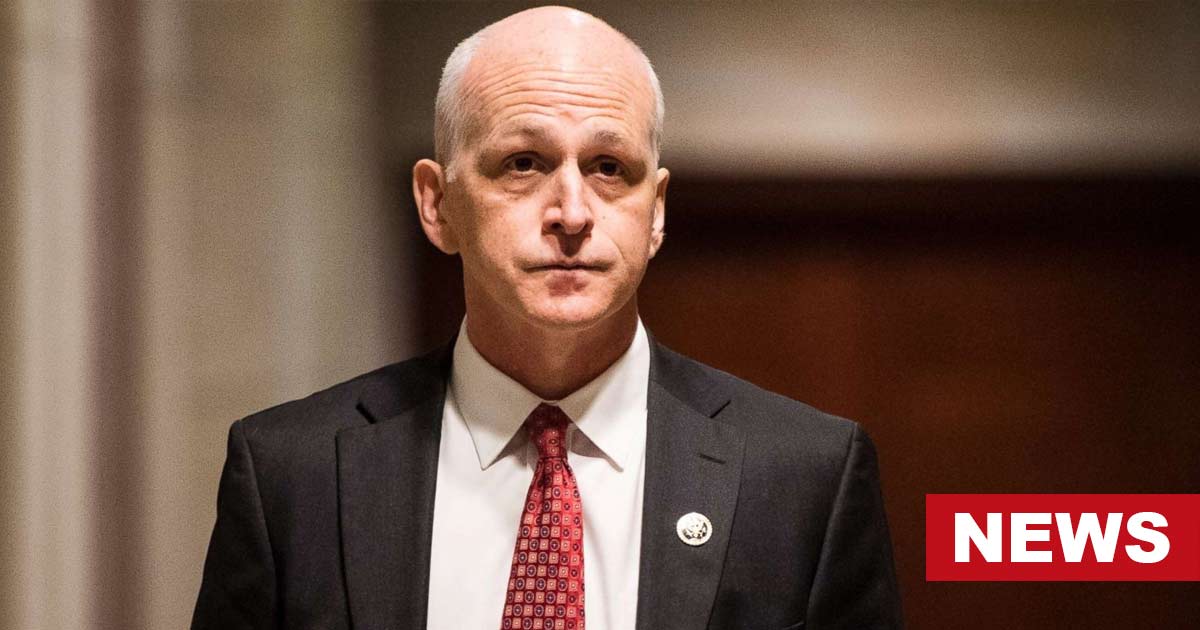In a revealing interview with The Seattle Times, WA Rep. Adam Smith talks about mental health challenges courageously and sheds light on his personal journey. Despite harboring concerns about potential stigma from colleagues and constituents, Smith has chosen to discuss his experiences openly, recognizing the significance of sharing such stories.
Reflecting on his past, Smith discloses that he first experienced a major anxiety attack lasting five months in 2005. During that time and again in 2013, he felt compelled to keep his struggles hidden, fearing the potential consequences if they were discovered. However, he now believes in the importance of sharing his journey, acknowledging the value of such conversations for everyone.
He said in the interview: “Whatever it is we’re doing, we want to feel like we’re doing it well. You can stop and think about how you can do things better, but that’s different than [believing] you’re unworthy as a human, and that’s what I didn’t comprehend. I felt like if I wasn’t perfect, then my entire existence was in question. That’s what combined to give me the right diagnosis and then the right treatment.”
At the age of 58, the Democrat has authored a new book. Adam Smith’s new memoir titled “Lost and Broken: My Journey Back from Chronic Pain and Crippling Anxiety” recounts his difficult period. For six years, he found himself in a profoundly distressing state, resorting to writing on notepads in an attempt to decipher the causes of his suffering.
In 2019, as he emerged from this dark phase, he began organizing his thoughts chronologically, recognizing the potential of his story to provide solace and guidance to the millions who have experienced similar struggles with anxiety, depression, and chronic pain.
Smith attributes his coping mechanisms during the COVID-19 pandemic to cognitive behavioral therapy, meditation, and psychotherapy.
Through these therapeutic practices, he learned the importance of processing stress rather than solely trying to eliminate stressors from his life. This realization marked a significant shift in his perspective and aided his recovery.
While acknowledging the progress made in reducing the stigma surrounding mental health in recent years, Smith emphasizes that it has not been completely eradicated. Many individuals continue to grapple with the fear of job loss, strained relationships, and judgment from others when confronting their mental health issues.
Adam Smith’s Lost and Broken acknowledges that recovery from mental health challenges requires a collective effort from the community.
He asserts that it is crucial to evaluate the existing approaches and services provided, striving to identify why they may fall short and seeking ways to improve them. By bringing together all relevant stakeholders, Smith believes there is a greater likelihood of effectively tackling this pervasive issue.
This instance of how WA Rep. Adam Smith shares mental health challenges serves as an inspiration for others to open up about their own experiences.
By sharing his story, he aims to foster a more supportive and understanding society, one where individuals can seek help without fear of repercussion. Smith’s advocacy for improved mental health services and the need for a collaborative approach underscores the collective responsibility to address this critical issue.









